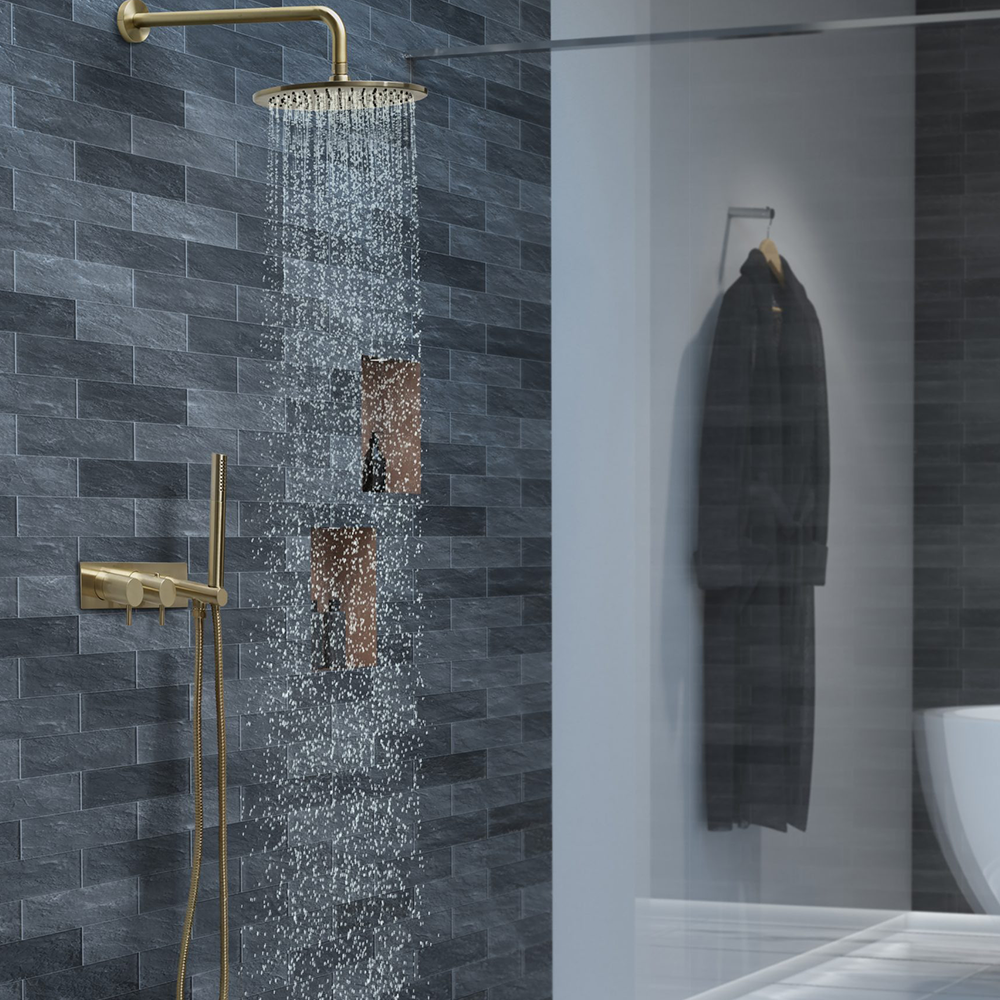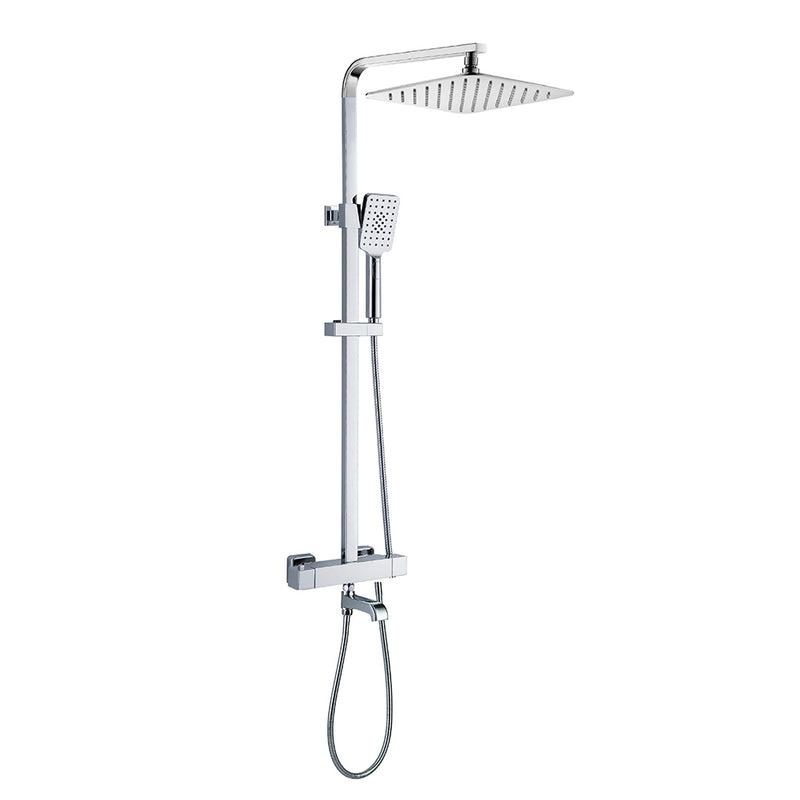There are some myths that need to be dispelled for both regular swimmers at the local swimming pool and those who have a private pool. These myths could have influenced your decision regarding the pool equipment and algaecides you purchased previously.
What are the worst myths and the truth?
A clean pool is one that does not smell strongly of chlorine.
This is a common misconception. A strong chlorine smell can indicate that there are contaminants in the pool.
Your hair can be turned green by pool chlorine
There have been many instances where people have noticed their hair turning green after swimming. However, this is not due to the chlorine levels in the pool. This is due to metals you might have added to the water in order to control algae growth or that may have leaked from pipes, plumbing, fixtures. This problem can be easily fixed by simply wearing a swimming cap, or by washing your hair after swimming.
Your pool will be healthier if it is clearer
Your eyes are not always reliable when it comes to assessing the cleanliness and health of your pool. There may still be unhealthy levels of micro-organisms in the water. You may be able even to feel or smell them when you get closer to the pool.
Because the pool water has been disinfected, it is safe to drink.
Sometimes this belief is based on awareness of the chlorine content in drinking water. There are many factors that affect the safety of pool water as compared to drinking water, not the least the fact the former comes from a tap. Pool water, on the other hand, is fully exposed to the elements and could easily contain contaminants.
Redness in the eyes is caused by pool chlorine
There is no connection between chlorine and redness of the eyes or itching. However, high pH or chloramines can cause redness or itching. If this happens in your pool, you should adjust the chlorine levels.
These myths are worth keeping in mind as you visit a pool or buy equipment or algaecides from a store such as Sun&Spa.
Dispelling Myths About Indoor Showers
When it comes to indoor showers, there are some common myths that need to be addressed. These misconceptions could affect your decisions regarding shower equipment and maintenance. Let's uncover the truth behind these myths:
Myth 1: More Water Pressure Means a Better Shower Experience
While high water pressure can be invigorating, it's not always necessary for a great shower experience. In fact, excessively high water pressure can lead to wastage and discomfort. Optimal water pressure is about finding the right balance that provides adequate flow without being overwhelming.
Myth 2: Hot Showers Open Pores and Cleanse the Skin
Contrary to popular belief, hot showers don't actually open your pores. Pores don't have muscles to open and close like tiny doors. Instead, hot water can strip the skin of its natural oils, leading to dryness and irritation. Lukewarm water is a better choice for cleansing the skin without causing damage.
Myth 3: Showering Every Day Is Necessary for Hygiene
While showering regularly is important for personal hygiene, it's not always necessary to shower every single day. The frequency of showering depends on individual factors such as activity level, climate, and personal preference. Skipping a shower occasionally won't necessarily lead to poor hygiene as long as you maintain good overall cleanliness.
Myth 4: Showering Can Cure a Cold
Showering may provide temporary relief from cold symptoms by helping to clear nasal passages and alleviate congestion. However, taking a shower won't cure a cold or shorten its duration. Rest, hydration, and proper medical treatment are more effective strategies for managing cold symptoms.
Myth 5: Showering in Hard Water Is Harmless
Hard water contains high levels of minerals like calcium and magnesium, which can leave behind residue on your skin and hair. Over time, this residue can lead to dryness, irritation, and buildup in your shower fixtures. Installing a water softener or using products designed for hard water can help mitigate these effects.
Myth 6: Long Showers Are Eco-Friendly
While indulging in a long shower may be enjoyable, it's not the most eco-friendly practice. Long showers consume significant amounts of water and energy, contributing to environmental strain. Consider shortening your shower time or installing water-saving fixtures to minimize water wastage and reduce your ecological footprint.
By debunking these myths, you can make more informed decisions about your indoor shower routine and maintenance practices. Prioritizing water efficiency, skin health, and overall well-being can lead to a more sustainable and enjoyable shower experience.
.jpg)
.jpg)


.jpg)
.jpg)
No comments:
Post a Comment